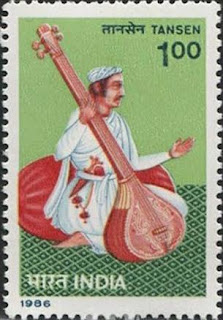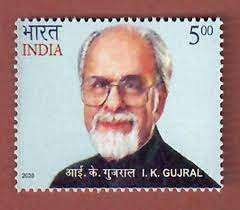Children’s Day in Mexico is celebrated on 30 April each year. This holiday is a special day dedicated to celebrating and honoring children. It is a time for parents, teachers, and communities to show their love and appreciation for children and to recognize their importance in society.
Children’s Day in Mexico has its roots in the early 20th century, when a group of Mexican educators proposed the idea of a special day to honor children. The first Children’s Day celebration in Mexico took place in 1925, and it has been celebrated annually ever since.
On Children’s Day in Mexico, schools often organize special events and activities for children, such as games, concerts, and other forms of entertainment. Parents and families may also plan special outings or celebrations to mark the occasion. The holiday is also an opportunity to raise awareness about issues that affect children, such as poverty, education, and healthcare.
One of the most iconic symbols of Children’s Day in Mexico is the “El Día del Niño” balloon, which features a smiling cartoon character holding a bunch of balloons. These balloons can be seen all over Mexico in the weeks leading up to the holiday.
































.jpg)













